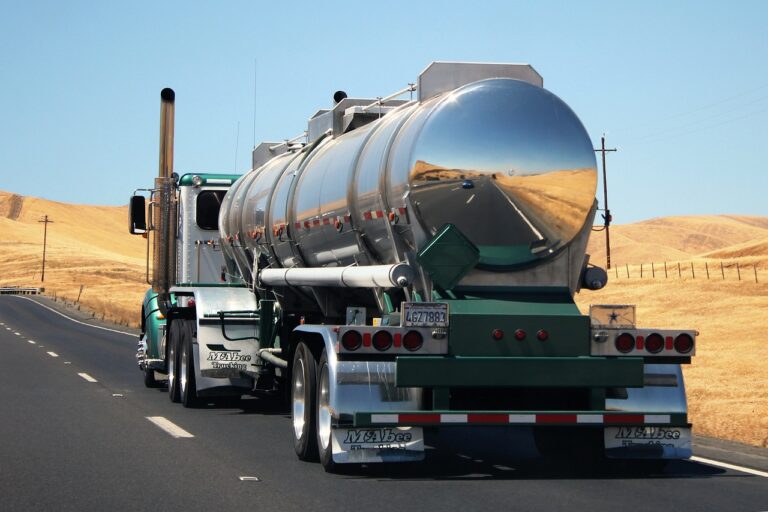Analyzing the Impact of Tariffs on Auto Transport Industry: Diamondexch sign up, Sky 99 exch, Reddy anna book club
diamondexch sign up, sky 99 exch, reddy anna book club: Analyzing the Impact of Tariffs on Auto Transport Industry
Tariffs have always been a hot topic in the world of international trade. These taxes imposed on imported and exported goods can have far-reaching consequences on various industries, including the auto transport industry. In this article, we will delve into the impact of tariffs on this sector, exploring how these levies can affect costs, operations, and overall market dynamics.
The Auto Transport Industry
Before we explore the impact of tariffs on the auto transport industry, it’s crucial to understand the sector’s mechanics. The auto transport industry is responsible for moving vehicles from manufacturers to dealerships, auctions, and end consumers. This intricate network of carriers, brokers, and shippers ensures that cars reach their destinations efficiently and safely.
Tariffs and Costs
One of the most significant impacts of tariffs on the auto transport industry is the rise in costs. When tariffs are imposed on vehicles or auto parts, the prices of these goods increase. As a result, auto transport companies must adjust their pricing to account for these higher costs. This can lead to an increase in shipping rates, making it more expensive for dealerships and consumers to transport vehicles.
Operational Challenges
Tariffs can also create operational challenges for auto transport companies. Fluctuations in tariffs can disrupt supply chains, leading to delays in vehicle deliveries. For example, if a tariff is suddenly imposed on a specific type of vehicle, carriers may need to re-route shipments or adjust schedules to avoid additional costs. These operational disruptions can impact the efficiency and reliability of the auto transport industry.
Market Dynamics
The impact of tariffs on the auto transport industry can also be felt in market dynamics. When tariffs are imposed on imported vehicles, domestic manufacturers may have a competitive advantage. This can lead to changes in the demand for transportation services, as consumers and dealerships may prioritize domestically-produced vehicles to avoid tariff costs. These shifts in market dynamics can influence the volume and types of vehicles being transported, shaping the industry’s landscape.
Regulatory Compliance
Tariffs also necessitate auto transport companies to navigate complex regulatory frameworks. Compliance with trade regulations and tariff laws becomes paramount to avoid penalties or fines. Companies must stay informed about changes in tariffs and ensure that their operations align with these regulations. Failure to comply with tariff laws can result in legal consequences and reputational damage for auto transport businesses.
Competitive Pressures
The impact of tariffs on the auto transport industry extends to competitive pressures. As tariffs influence pricing and market dynamics, companies must adapt to stay competitive. This can involve implementing cost-saving measures, exploring new markets, or diversifying services to mitigate the effects of tariffs. Competition within the industry intensifies as companies strive to differentiate themselves and attract customers amidst tariff-related challenges.
Technological Innovation
Tariffs can also drive technological innovation within the auto transport industry. In response to rising costs and operational complexities, companies may invest in automation, digital platforms, and data analytics to optimize their operations. These technological advancements enable auto transport businesses to enhance efficiency, improve customer service, and stay competitive in a tariff-impacted environment. Embracing innovation becomes essential for companies to thrive amidst tariff-induced disruptions.
FAQs
Q: How do tariffs impact the pricing of auto transport services?
A: Tariffs can lead to increased costs for auto transport companies, which may result in higher shipping rates for dealerships and consumers.
Q: How can auto transport companies navigate regulatory compliance amid changing tariffs?
A: Companies must stay informed about tariff laws and trade regulations, ensuring that their operations align with these requirements to avoid legal consequences.
Q: What strategies can auto transport businesses employ to mitigate the effects of tariffs?
A: Companies can explore cost-saving measures, diversify services, invest in technological innovation, and adapt their operations to stay competitive in a tariff-impacted environment.
In conclusion, tariffs have a significant impact on the auto transport industry, affecting costs, operations, market dynamics, regulatory compliance, competitive pressures, and technological innovation. Auto transport companies must be proactive in adapting to tariff-related challenges, implementing strategies to navigate these disruptions and thrive in a dynamic trade environment. By staying informed, embracing innovation, and finding creative solutions, businesses in the auto transport industry can navigate the complexities of tariffs and emerge stronger in the face of trade uncertainties.







